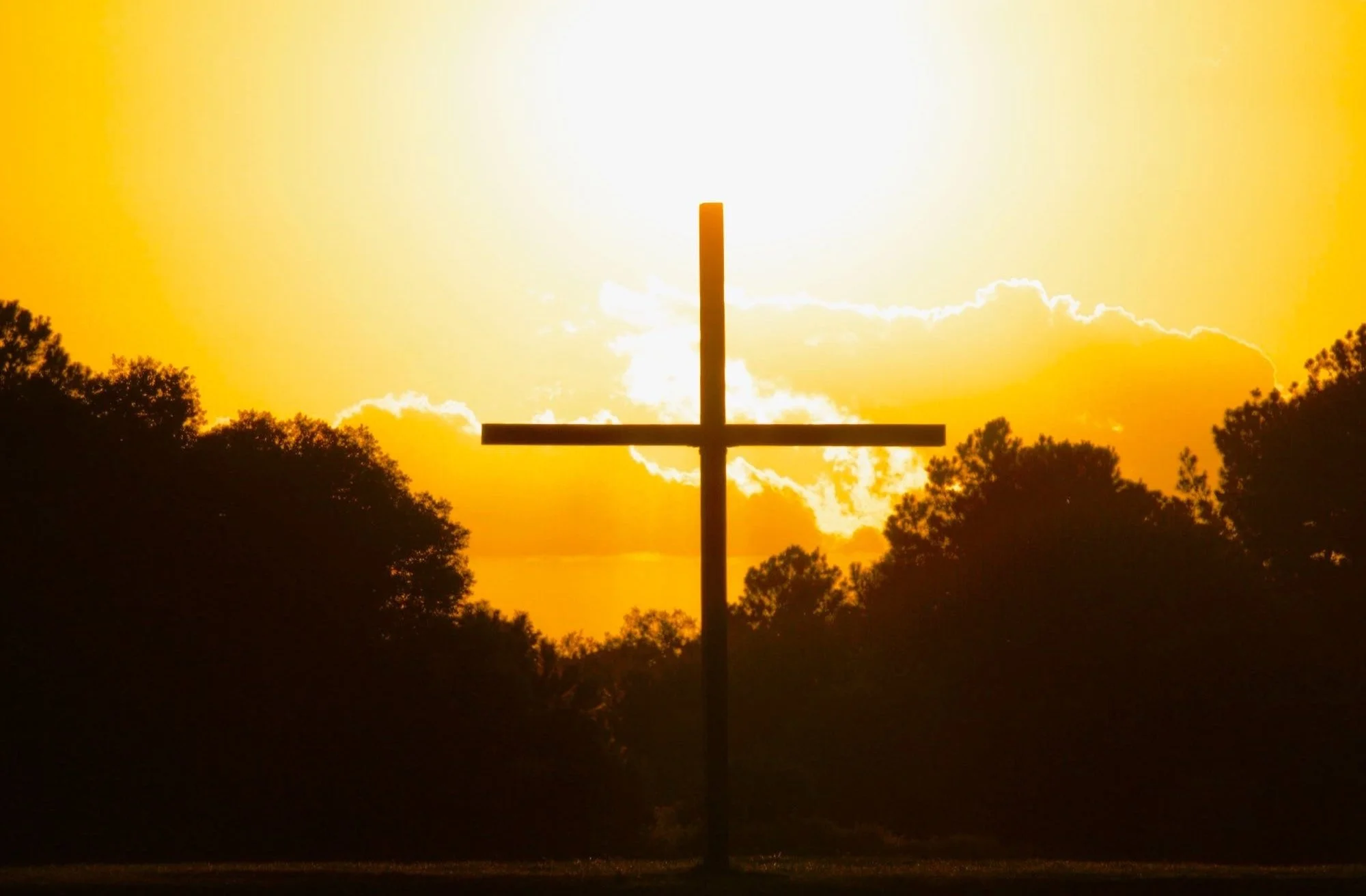Have You Truly Repented of Your Sin? A Diagnostic Test
/by Jon Buck
“…repent and believe in the gospel.”
Mark 1:15b
Repentance is a word that gets thrown around quite a bit in conservative Christian circles, and rightly so. All men are sinners, and Christians are no exception. When we sin, God calls us to repent of that sin, and turn to Him.
However, a quick survey of Christians will quickly indicate that there’s some confusion on this topic. One of the most frequently asked questions relates to repentance, forgiveness, and the lack of change in life.
When we discuss the concept of repentance, we can often run a risk of simplifying that concept down into something that is dangerously akin to deciding which restaurant to try on a date night.
The problem, of course, is not only definitional, but also spiritual. When we reduce repentance to such a simple human choice, it creates a false sense of assurance in the hearts of believers and unbelievers alike.
On the other hand, misunderstanding repentance can leave Christians feeling defeated by sin. When we fail to truly repent, our hearts remain attached to our sin, in spite of our best human efforts. We will inevitably fall into similar patterns of sin, and find ourselves guilt-ridden and burdened.
So, with so much on the line, what is true repentance? There’s much to be said here, but a relatively simple summary is below:
Repentance is a faith-filled act of turning from sin that involves the will, the mind, and the emotions.
Breaking this down, we see several components.
The main point is the act of turning. True repentance involves a turning from sin toward God. This act of turning MUST occur, or a person has not truly repented. This might happen 100 times in an hour and still be genuine, but true repentance is always a turning.
The second component is faith. True repentance must be full of faith in the love and acceptance of God. To rightly turn to God, we must believe that He has and will continue to accept us through the finished work of Christ.
The third component involves the will. True repentance includes a volitional rejection of sin for the sake of pursuing righteousness.
Fourth, true repentance includes the mind. The mind of the repentant sinner is aware of the heinousness of their sin, is actively seeking to mentally assent to the Gospel, and choosing to volitionally make the turn to God.
The fifth component is the emotions. For repentance to be genuine it must include the emotional disgust of sin—a hatred for and sorrow over the sin that has been committed because of the pain it has caused their Father in heaven.





















